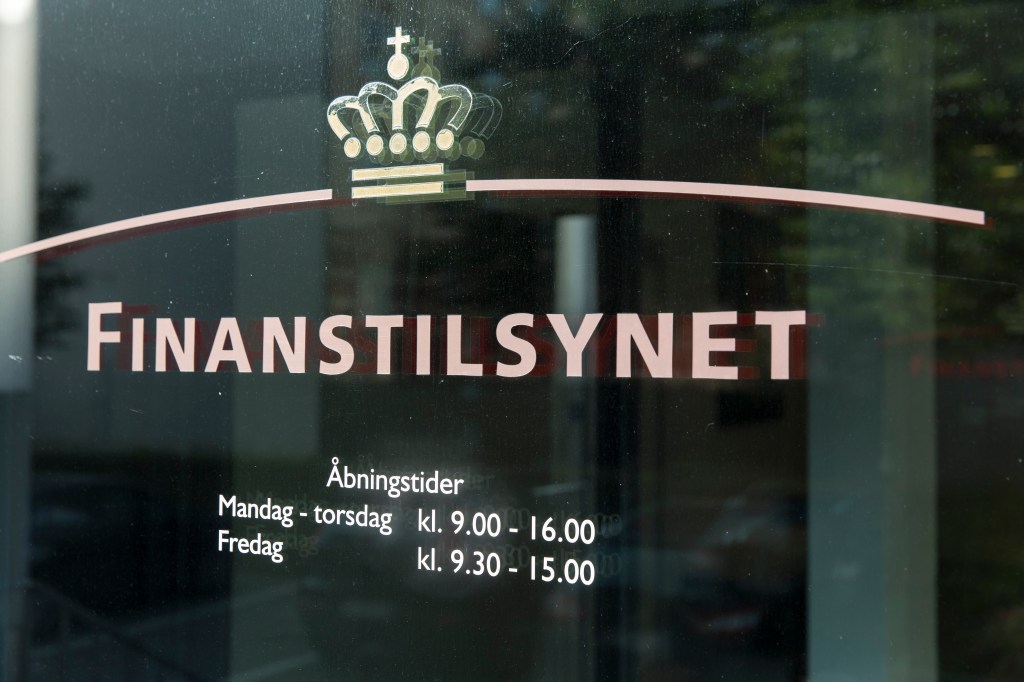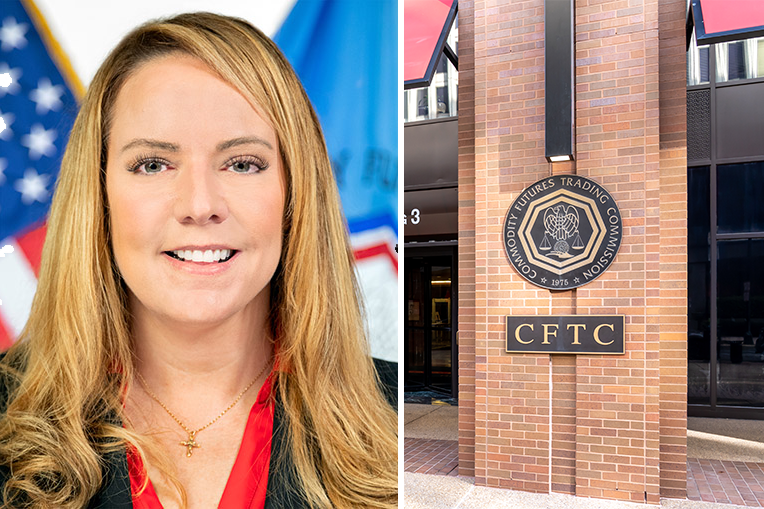Incentivizing cooperation by providing more transparency into certain aspects of enforcement determinations is a priority for Commodity Futures Trading Commission (CFTC) Commissioner Summer Mersinger.
Speaking at the ISDA’s annual Legal Forum, she was also critical of the CFTC’s rush to settle actions before the end of the fiscal year (September
Register for free to keep reading
To continue reading this article and unlock full access to GRIP, register now. You’ll enjoy free access to all content until our subscription service launches in early 2026.
- Unlimited access to industry insights
- Stay on top of key rules and regulatory changes with our Rules Navigator
- Ad-free experience with no distractions
- Regular podcasts from trusted external experts
- Fresh compliance and regulatory content every day












